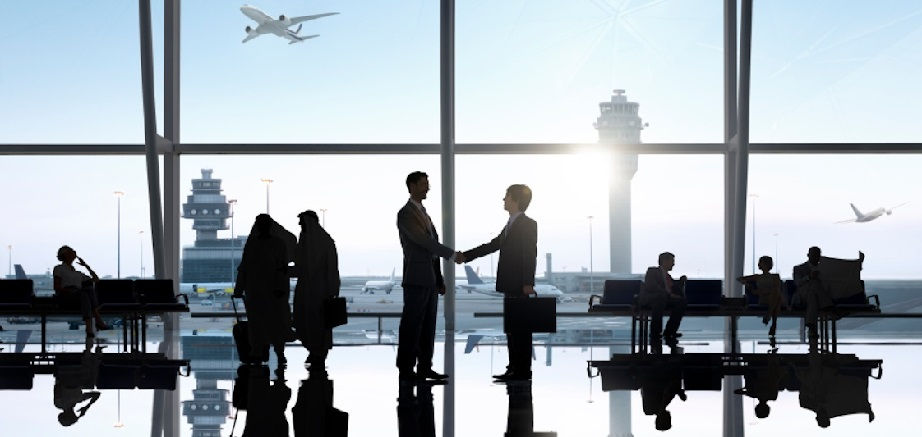Together, looking forward to a better and stronger aviation future within the Dutch Kingdom.
- Jun 8, 2022
- 3 min read
Updated: Oct 31, 2024
Strengthen support within the Dutch Kingdom to support the implementation of an effective and targeted capacity-building effort in civil aviation oversight in support of global and regional aviation safety plans to achieve sustainable development goals, through an efficient, effective, and genuine cooperation strategy.

THE ISSUE
During the most recent ICAO activities aimed at measuring the effective implementation (EI) of the eight critical elements (CEs) of an effective safety oversight system, part of the ICAO Universal Safety Oversight Program (USOAP) has produced unsatisfactory results for our Civil Aviation Authority. The cause of these unsatisfactory compliance results among others is the lack of financial resources and capacity-building.
For example, due to the above-mentioned facts the Curaçao Civil Aviation Authority (CCAA) is unable to perform supervisory tasks effectively and efficiently, with the aftermath of the COVID-19 crisis these bottlenecks are further worsened and given "Emerging Issues" [i] the complexity of the civil aviation system will further increase and make the unsatisfactory compliance results even more serious!
Ensuring sustainable funding for the activities related to the key oversight tasks of civil aviation authorities is an issue facing an increasing number of states worldwide, regardless of the form of civil aviation authority ownership.
Limited funding for civil aviation oversight activities in the Caribbean has reduced the efficiency, effectiveness and compliance of a surveillance system and the ability of civil aviation authorities to keep up with ICAO SARPs and Global and Regional Aviation Safety Plans in the Caribbean.
OUR SITUATION
In our case, Civil Aviation Authority of Sint Maarten (SMDCA) relies on the CCAA for civil aviation supervision. both the CCAA and the SMDCA are under-resourced, also “Emerging Issues” related to ambitions for sustainable aviation to reduce CO2 emissions and introduction of electric flying on the ABC islands will further stretch the limited resources.
The Kingdom of the Netherlands remains responsible for defense and international relations (including civil aviation treaties), but Aruba, Curaçao, Sint Maarten, and the Netherlands (the Netherlands representing other Dutch Caribbean territories), are each responsible for overseeing their civil aviation sector, the Netherlands as the signatory ICAO Member State recognize changes in ICAO standards and submit differences to ICAO.
A STRATEGIC APPROACH
Diversification of funding sources and a collaborative approach is the direction our governments and authorities need to take to ensure the sustainability and effective functioning of our CAAs in the Dutch Kingdom, addressing the challenges of limited funding and capacity-building.
This in context of ICAO’s Global Aviation Safety Plan (GASP), and the enforcement of the obligation and responsibility of the Netherlands as a signatory Member State for safety oversight under the Convention on International Civil Aviation. It is necessary to move beyond the current prevailing concept of safety oversight of an agglomeration with different safety oversight systems or units towards a Dutch Caribbean based system that would be composed of the safety oversight providers of the Dutch Kingdom.
Where the performance of safety oversight is improved in a sustainable way and collaboration and sharing of information is really enhanced by an efficient and effective collaboration platform.
A funding strategy and cooperation structure based on the United Nations Sustainable Development Goals ensures efficient and effective operation of civil aviation surveillance based on a true collaborative approach to ensure ongoing capacity-building efforts, avoidance of unnecessary duplication of programs and activities, sustainable success in achieving ICAO-required compliance levels and fruitful economic development of air transport for all, based on the ICAO No Country Left Behind (NLBC) initiative and ICAO's global aviation plans.
It is therefore of significant importance to encourage governments and ministries of the Dutch Kingdom to collaborate with aviation professionals and the aviation industry and stakeholders, based on the principles of inclusion and diversity, to explore opportunities to find funding sources and developing collaborative strategies.
CONCLUDING
As we continue to prepare for recovery, the aviation industry will need to find ways to innovate, protect key infrastructure, encourage investment, strengthen oversight, and develop human resources and capacity-building.
[1] “Emerging Issues” include concepts of operations, technologies, government policies, business models, or ideas that could impact aviation safety in the future, for which insufficient data is available to complete typical data-driven analytics.





Comentarios